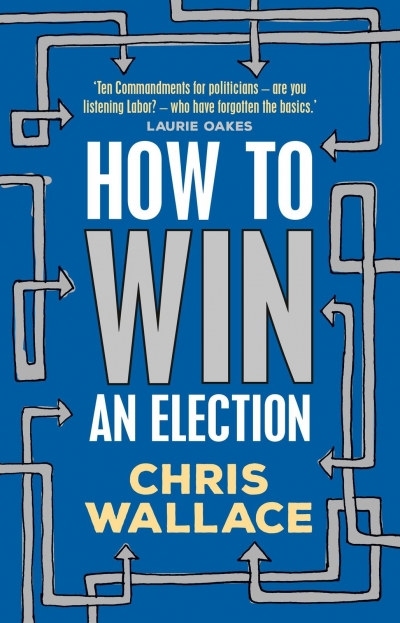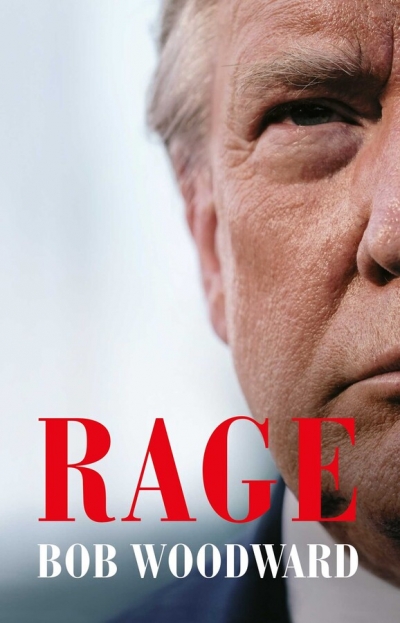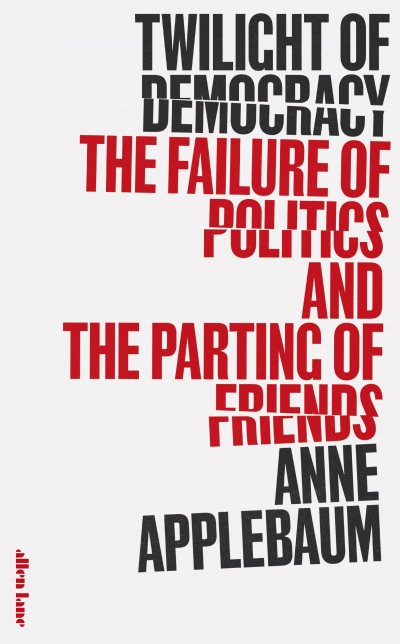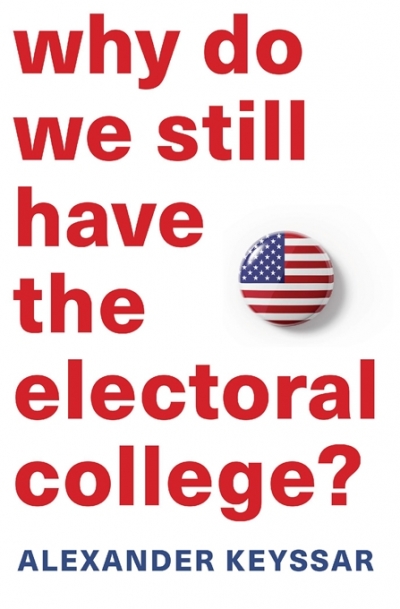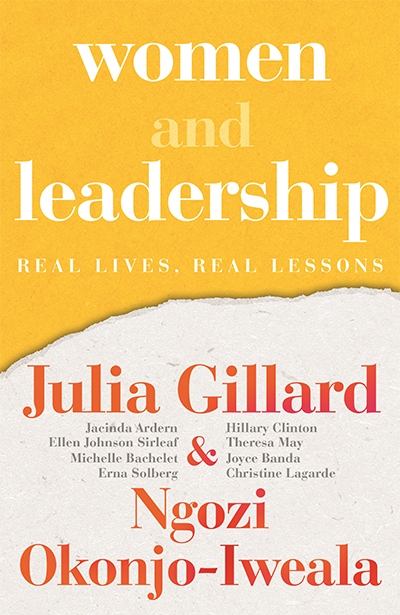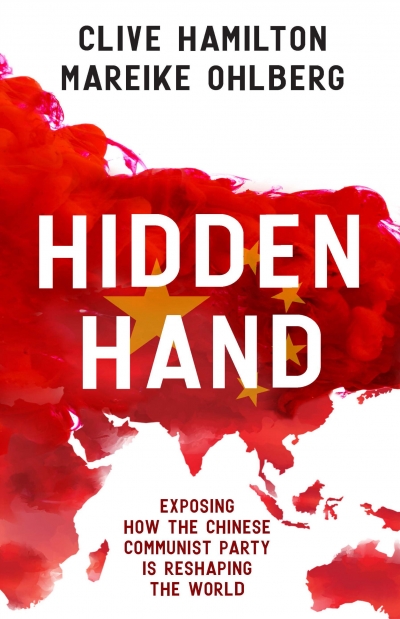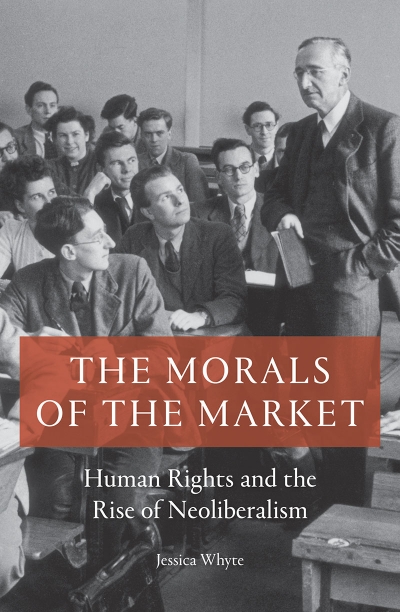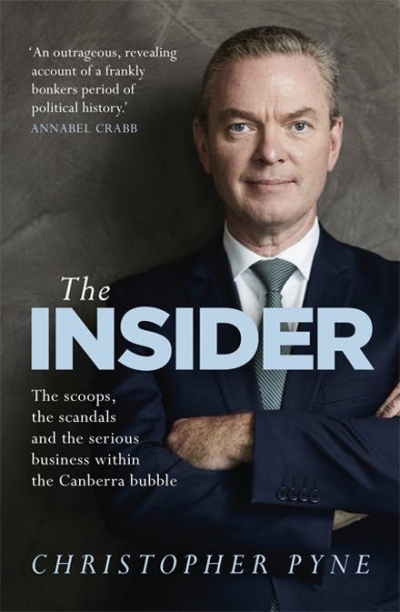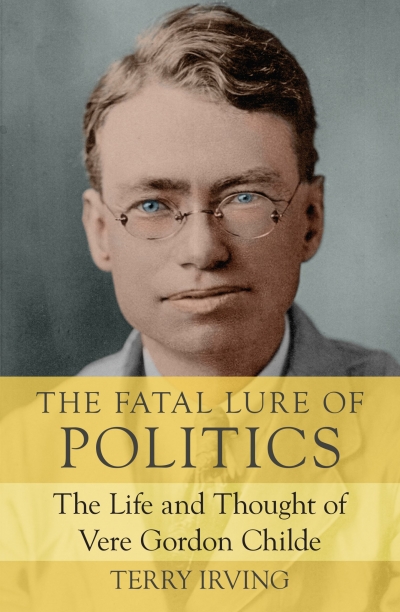Politics
In year four of their respective terms, George W. Bush and Barack Obama enjoyed a mixed press. Some accounts lauded them, others were sceptical. The assessments were uniformly partisan. The titles of contemporary books reflected how Republicans backed Bush (he was ‘The Right Man’), Democrats Obama (for successfully ‘Bending History’). Donald Trump, on the other hand, stands as one of the most vilified presidents in American history, from all points of the spectrum. Indeed, these books together make the case that the forty-fifth president is a man so psychologically flawed he poses a clear and present danger to American democracy.
... (read more)Twilight of Democracy: The failure of politics and the parting of friends by Anne Applebaum
by Luke Stegemann •
Why Do We Still Have the Electoral College? by Alexander Keyssar
by Varun Ghosh •
Women and Leadership: Real lives, real lessons by Julia Gillard and Ngozi Okonjo-Iweala
by Megan Clement •
Hidden Hand: Exposing how the Chinese Communist Party is reshaping the world by Clive Hamilton and Mareike Ohlberg
by Ben Bland •
The Morals of the Market: Human rights and the rise of neoliberalism by Jessica Whyte
by Benjamin Huf •
The Insider: The scoops, the scandals and the serious business within the Canberra bubble by Christopher Pyne
by James Walter •

